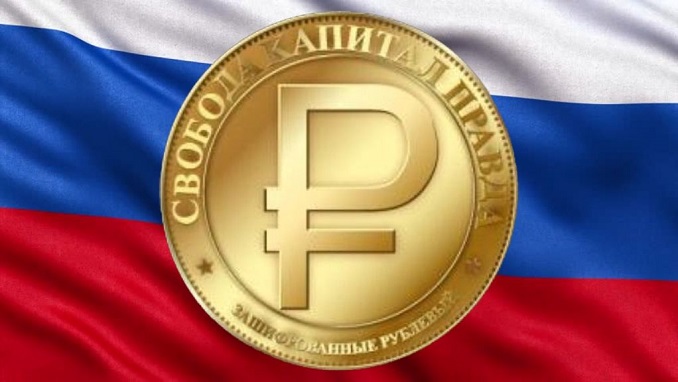The Russia Federation is inching closer to deciding on a law covering initial coin offerings (ICO) and the trading of crypto tokens within the country.
According to a report by Russian news agency RIA on Monday, Russian deputy finance minister Alexei Moiseev said that a jurisdictional disagreement between the Bank of Russia and the Finance Ministry over the content of a draft law to govern cryptocurrency related activities in the country has been resolved.
As previously reported, the Finance Ministry has filed a draft that would impose a threshold for ICO activities in Russia as an effort to allow token sales under a regulated environment.
However, whether the law should allow these token offerings to be exchanged with Russian rubles and other assets drew conflicting opinions from the Bank of Russia, the country’s central bank.
Now, as the country is eying a summer deadline to roll out the new law, the two government bodies have reached a consensus that the Bank of Russia’s opinion will take precedent, according to Moiseev.
“Yes. The central bank will make a decision,” he said.
According to RIA, the Bank of Russia said that it may now consider the option of allowing investors to exchange tokens issued under the proposed ICO framework with fiat currencies. However, crypto-to-crypto trading may not be permitted, in an effort to avoid “questionable” anonymous transactions, RIA said.
The draft law proposes to carry out all crypto-currency transactions through the operators of digital financial asset exchange. Only legal entities can become such operators, which is supposed to help combat money laundering and terrorist financing through virtual-currency transactions.
“The bill authorizes the Bank of Russia to set a limit on the amount of tokens that unqualified investors can buy, to ensure their safety,” the explanatory note says.
In early February, the Bank of Russia proposed to allow miners to sell cryptocurrencies abroad. Central Bank Deputy Chairwoman Olga Skorobogatova said that the ways to exchange crypto-currencies are being discussed. “We, as the Bank of Russia, believe that they still have to do this outside Russia,” she said.












